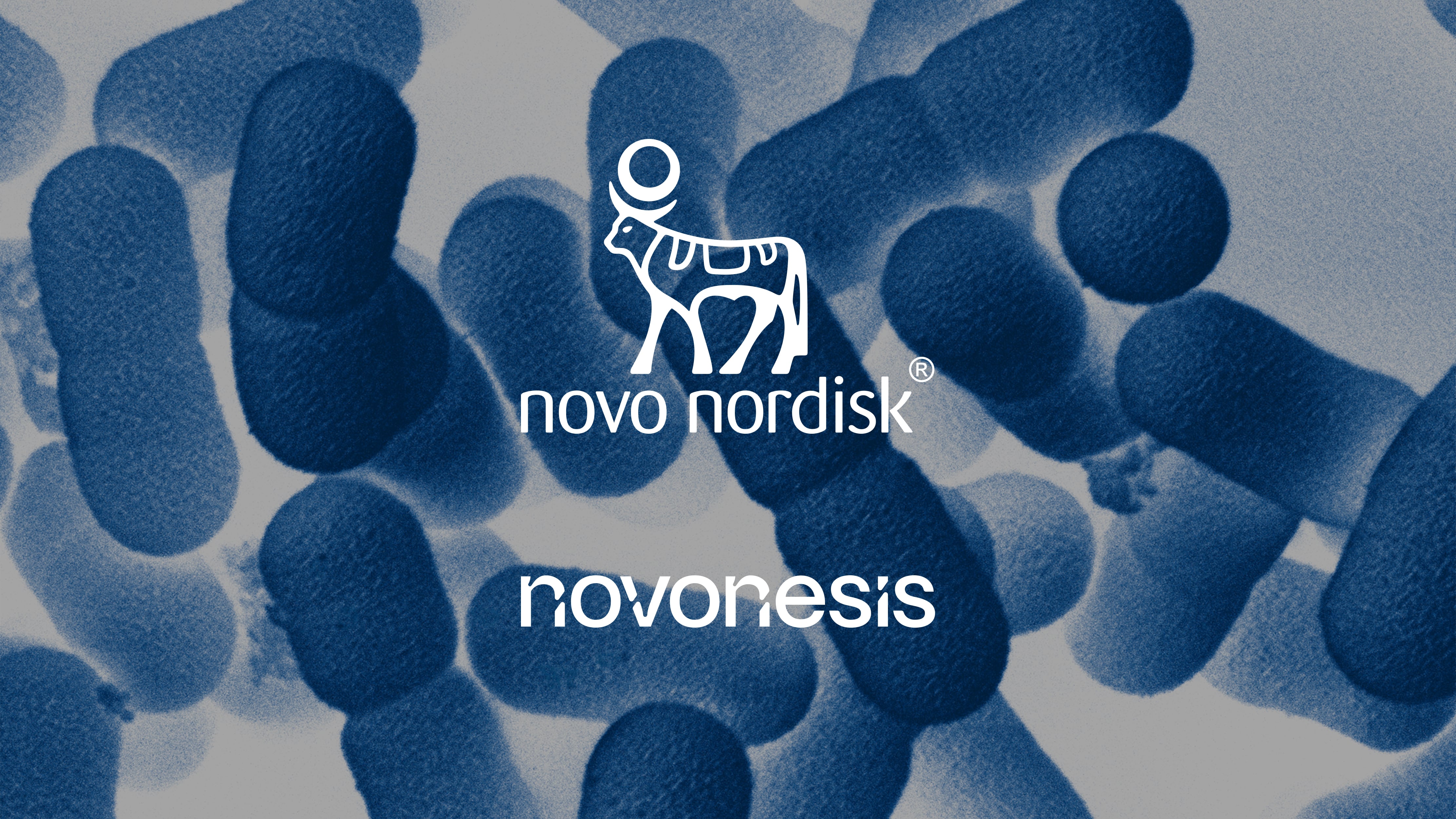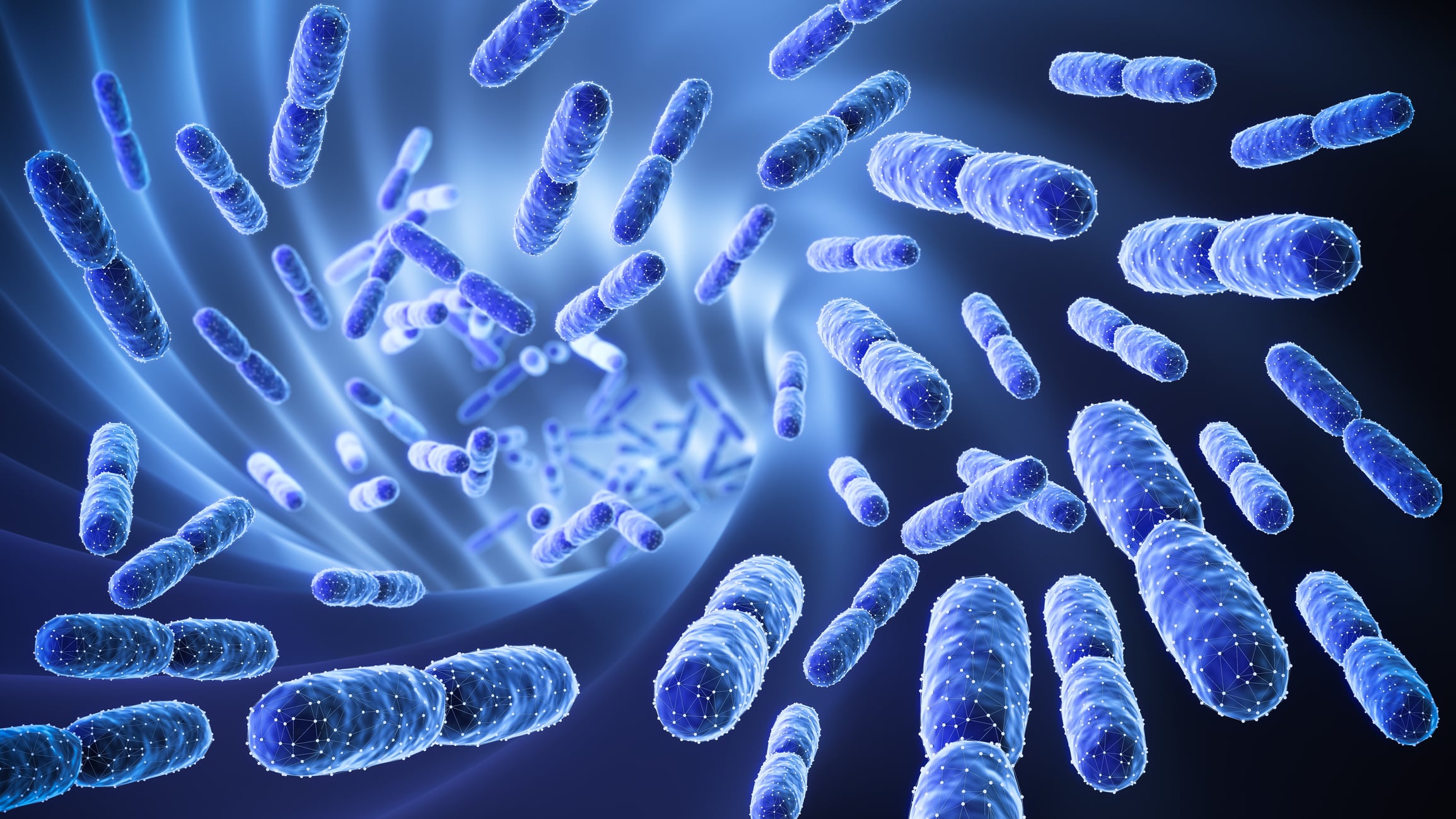Writing in the journal Microbiome, researchers from the Massachusetts Institute of Technology reported that fucoidan, a marine polysaccharide from brown seaweed, offers broad-spectrum growth protection against multiple types of antibiotics both in vitro and ex vivo. They noted that this may be the first time a specific dietary supplement, sulfated polysaccharides, has been found to counteract the antibiotic inhibition of bacterial isolates and communities.
“The protection is likely achieved through the extracellular binding of antibiotic molecules, leading to a reduction in their cellular uptake,” the researchers wrote. “These findings highlight the potential of fucoidan as a mitigating agent to alleviate the adverse impacts of antibiotics on the gut microbiome.”
Dr. Barbara Wimmer, PhD, a research scientist at Australian biotechnology company Marinova, said the study adds to the rapidly expanding body of published scientific research exploring the potential of fucoidans to support the gut microbiome.
“As the researchers noted, whilst effective in combatting bacterial infections, antibiotics can disturb the natural balance of gut microbiota,” she said. “The future use of natural compounds to help address this widespread issue [of antibiotic impact on the gut microbiota] would be welcomed by formulators and consumers alike.”
Gut dysbiosis
The human gut microbiome is a complex web of microorganisms residing in the gastrointestinal tract. It plays a critical role in maintaining overall health, impacting digestion, immune system regulation and mental health and other essential processes.
Some external influences can disrupt this microbial ecosystem, including antibiotics and diet. Antibiotics are crucial in modern medicine, but they exert broad-spectrum activity and kill off beneficial gut microbes along with the bad ones. This can lead to several health issues including metabolic syndrome, inflammatory bowel diseases, neurodegenerative disorders and cancer. Antimicrobial resistance is also a global public health concern as antibiotics disrupt gut microbial communities that lead to the resistance.
Nutritional deficiencies also influence the gut microbiome. A Western diet, for example, is associated with a less favorable microbiome response to antibiotics like ciprofloxacin. Meanwhile, the researchers noted that a plant fiber mixture of pectin, inulin, beta-glucan, dextrin, cellulose and arbinoxylan can modulate gut redox potential and mitigate antibiotic-induced gut dysbiosis.
“Studies have shown that inadequate dietary fiber intake may contribute to the degradation of the colonic mucus barrier, heightening its susceptibility to pathogens,” they noted. “Additionally, it has been suggested that insufficient fiber intake could potentially lead to cognitive impairment and increase the risk of neurodegenerative diseases. Therefore, it is important to understand the potential link between dietary fiber and antibiotic-induced gut microbiome disturbances and psychological effects.”
Study details
For their comprehensive, systematic and mechanistic analysis of the interactions between dietary fiber, antibiotics and the gut microbiome, the researchers first screened 38 saccharides to see how they mitigated eight antibiotics across three E. coli gut strains.
“Upon finding that sulfated polysaccharides offer broad protection against multiple antibiotics in vitro, we used the marine polysaccharide fucoidan as a model substrate to investigate the mechanism of such protection via transcriptomics and mass spectrometry,” they wrote.
They then investigated how the protective effect of fucoidan on gut microbes witnessed in vitro could further protect the composition of human fecal communities when antibiotic use was applied ex vivo, as well as enabling the recovery of the murine gut microbiome in vivo.
“We have shown that fucoidan can protect gut bacteria and communities from the deleterious effects of antibiotics,” the researchers wrote. “However, it’s important to consider the context in which this protective action is beneficial. Our findings suggest that the application of fucoidan might be more suitable for non-gastrointestinal (non-GI) infections where antibiotics are used systemically, rather than for GI infections.”
They noted that this distinction is particularly important in the context of antibiotic use, as fucoidan might unintentionally protect harmful pathogenic bacteria along with beneficial microbes.
Commenting independently on the MIT research, Jay Dignan, CEO of BioMara, which creates bioactive ingredients from seaweed, said that the study highlights the fucoidan from Undaria pinnatifida, a brown seaweed species, as offering broad-spectrum protection of gut microbes during antibiotic stress but that not all seaweed has the same properties.
“[The study is] an important proof point, but it’s worth noting that all fucoidans are not the same,” he said.
“Rather, fucoidans are a family of structurally diverse polysaccharides that vary by species, growing environment and extraction method. Each produces slightly different molecular profiles and, depending on the process, may also carry through different impurities. Fucoidan is natural complex, not a pharmaceutical-grade isolate.”
Dignan said this means fucoidans on the market should be researched on each of their own merits to demonstrate that the health effects seen in one study translate, or even improve, in another.
Source: Microbiome. doi: 10.1186/s40168-025-02176-w. “Sulfated dietary fiber protects gut microbiota from antibiotics”. Authors: Fuqing Wu et al.



